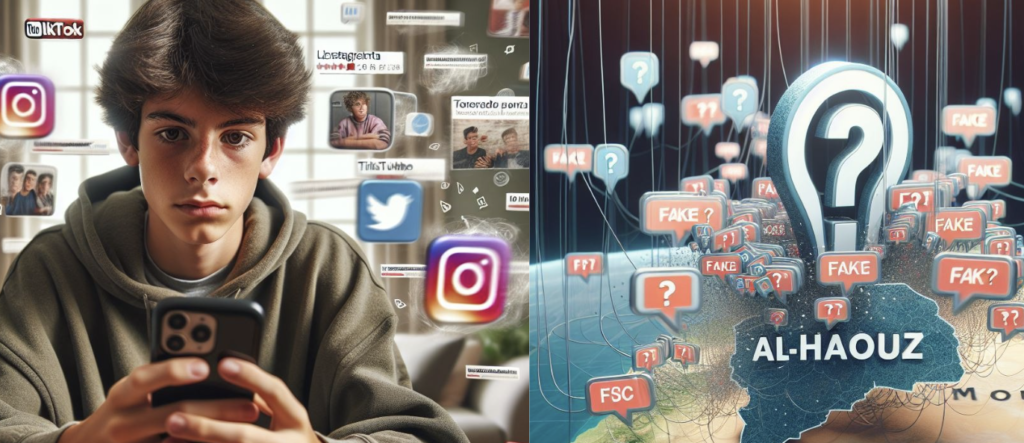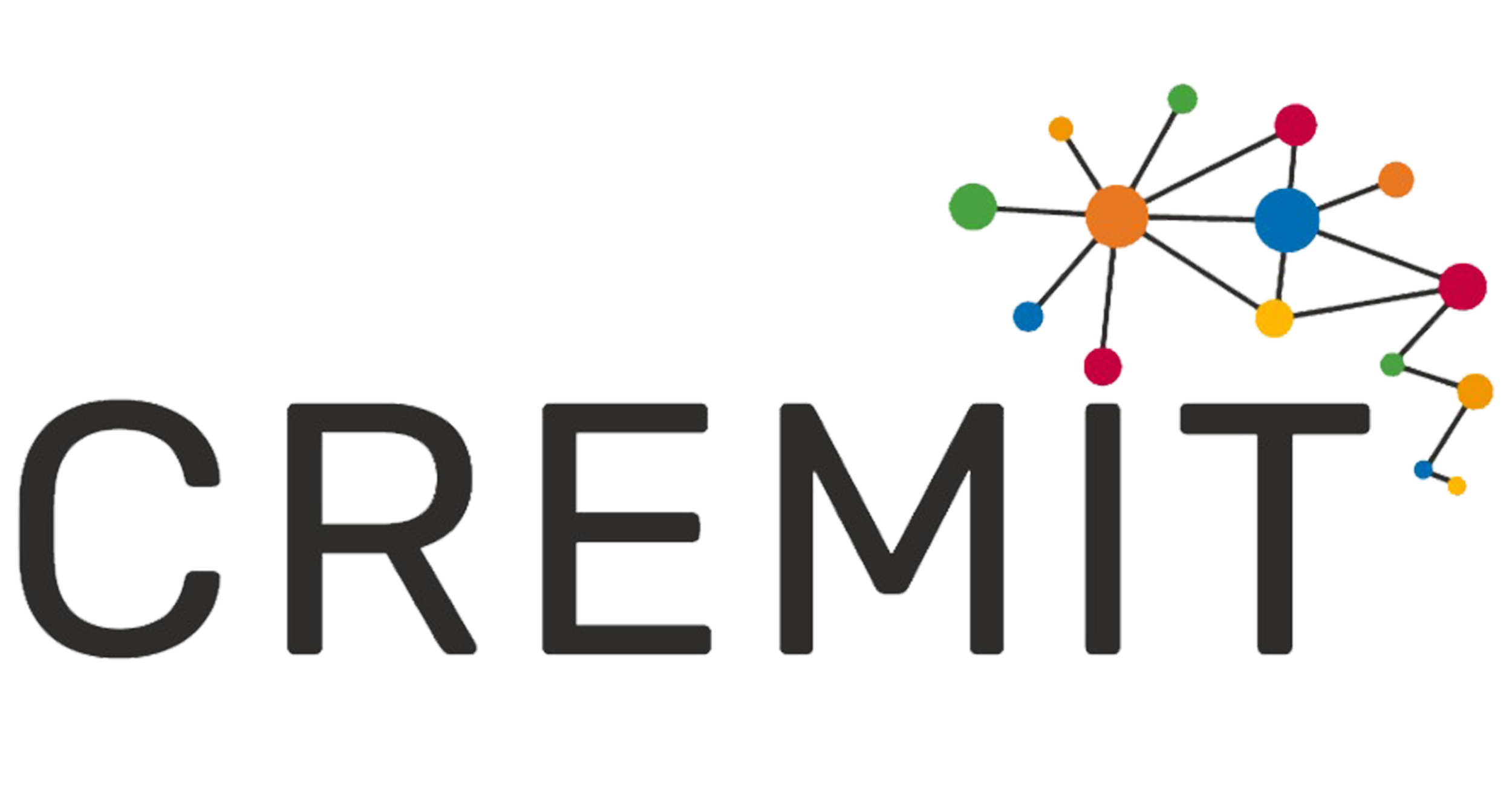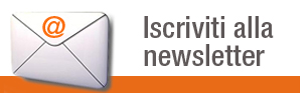This special issue gathers eight academic papers presented at the 1st International Conference on Crisis Media Literacy, held at the University of Aveiro in November 2024. Media literacy in times of crisis requires interdisciplinary approaches that connect research, practice, and public policy, fostering critical thinking and informed decision-making in an increasingly complex informational ecosystem.
The editorial, written by Maria João Antunes, Liliana Vale Costa, Alessandra Carenzio, and Ruth Contreras Espinosa, clarifies the focus of this brand new issue:
The 2025 special issue of OBS*Observatorio Journal, dedicated to crisis media literacy, addresses the challenges posed by disinformation, information overload, and manipulation in contexts such as pandemics, wars, and natural disasters. In a world shaped by prosumer culture and the massive circulation of content on social media, the ability to critically engage with information has become essential. The editorial outlines current issues faced by newsrooms and society in general, including fragmented attention, unreliable messages, and the fragility of media business models. It also highlights European efforts to combat disinformation, while stressing the need for better integration between scientific research, community knowledge, and legislation.

In particular, eight papers are included in the issue.
“Scrolling Through the Feed – How do young people in Portugal consume news on social media?” explores the role of social media in news consumption among youngsters aged between 15-20 years old in Portugal, examining their use of digital platforms, interests, access to news and preferences.
“Al-Haouz Earthquake Misinformation Crisis in Morocco: A Content Analysis of Tweets on X”, shows the analysis of messages exchanged in the platform X about the Al-Haouz Hearthquake, whilst detecting rumors, fake news, and conspiracy theories.
“Between Hashtags and Hegemonies: The Use of the Term ‘Terrorism’ on Platform X on January 8”, highlights competing narratives shaped by democratic and authoritarian perspectives, emphasizing the role of algorithms and networked communication in influencing public discourse.
“Digital Innovation to Support Local Radios in Low-Density Territories” presents the NEWAVES project, aiming to support local radio stations in low-density population areas across several European countries.
“Developing a Sustainable Content Strategy to Support Information Literacy” investigates the impact of sustainable content strategies on user engagement and information literacy, focusing on Comunilog Consulting’s Facebook page.
“Media innovation in low-density territories: Strategies for the sustainability and recovery of local radio stations” continues this discussion about media sustainability, identifying a set of strategies that can contribute to the sustainability of local radio stations.
“Enhancing Media Literacy Through Two Ludic Tools” enables us to understand social media dynamics and fake news through the development of a tabletop role-playing and a card game.
“Is This Real Learning or Just Game Fantasy?: Balancing Fiction and Education in Teaching Viral Infections through Digital Games” analyses the educational potential of digital games in teaching complex scientific topics, using the game Mutation Madness as a case study.
The issue is free, here.
Images are the results of AI tools (Copilot).








